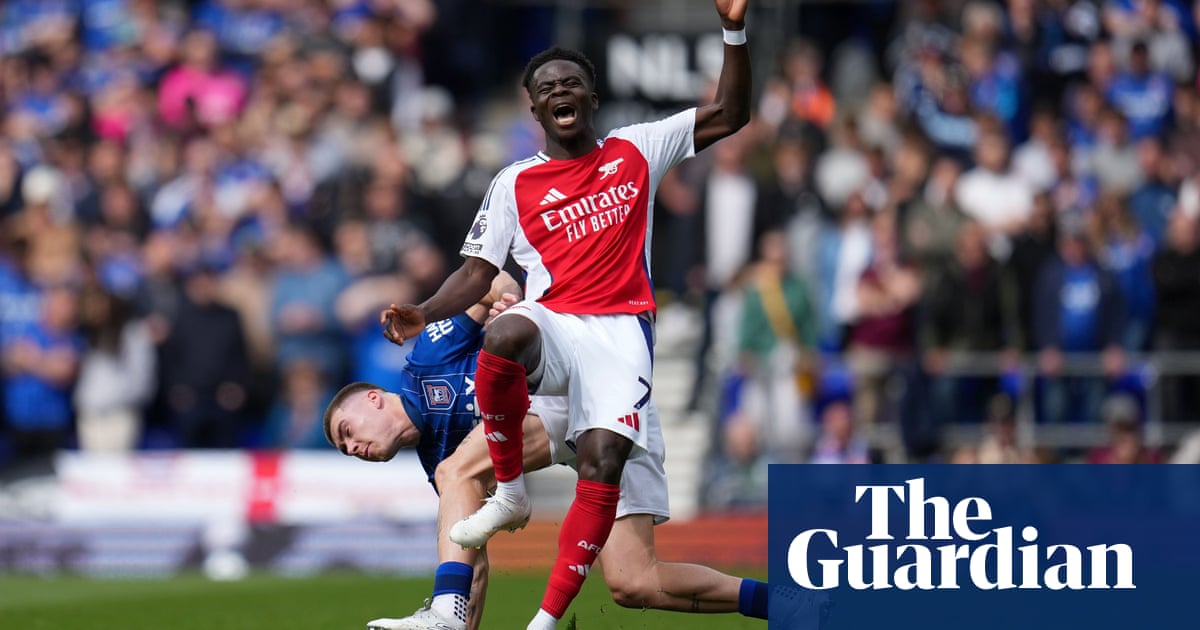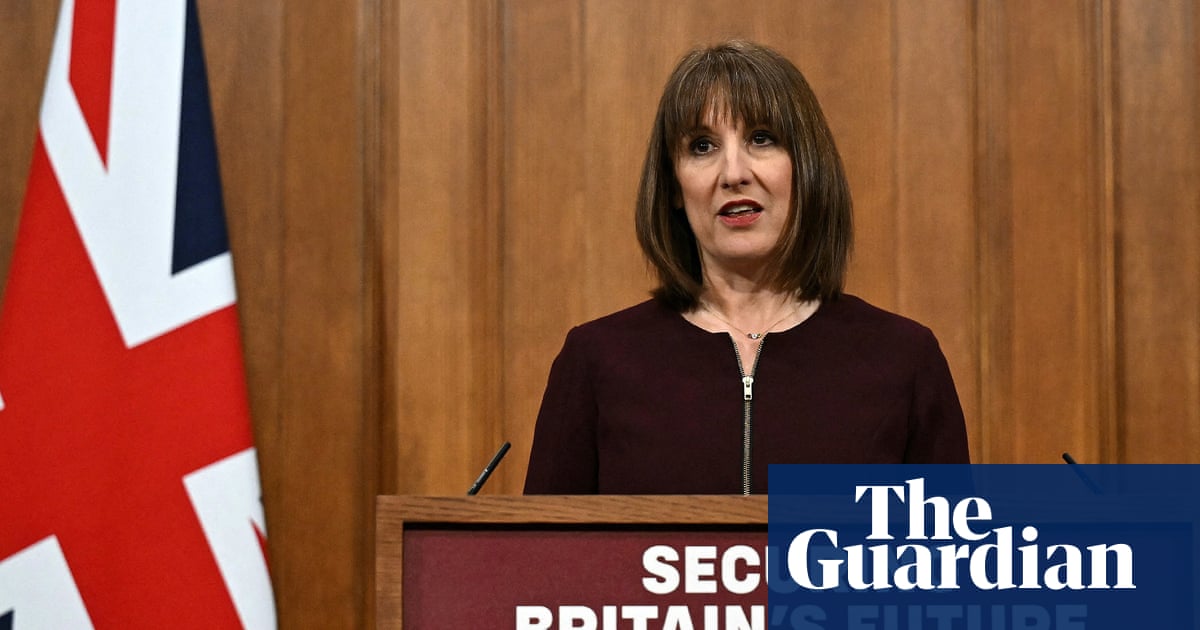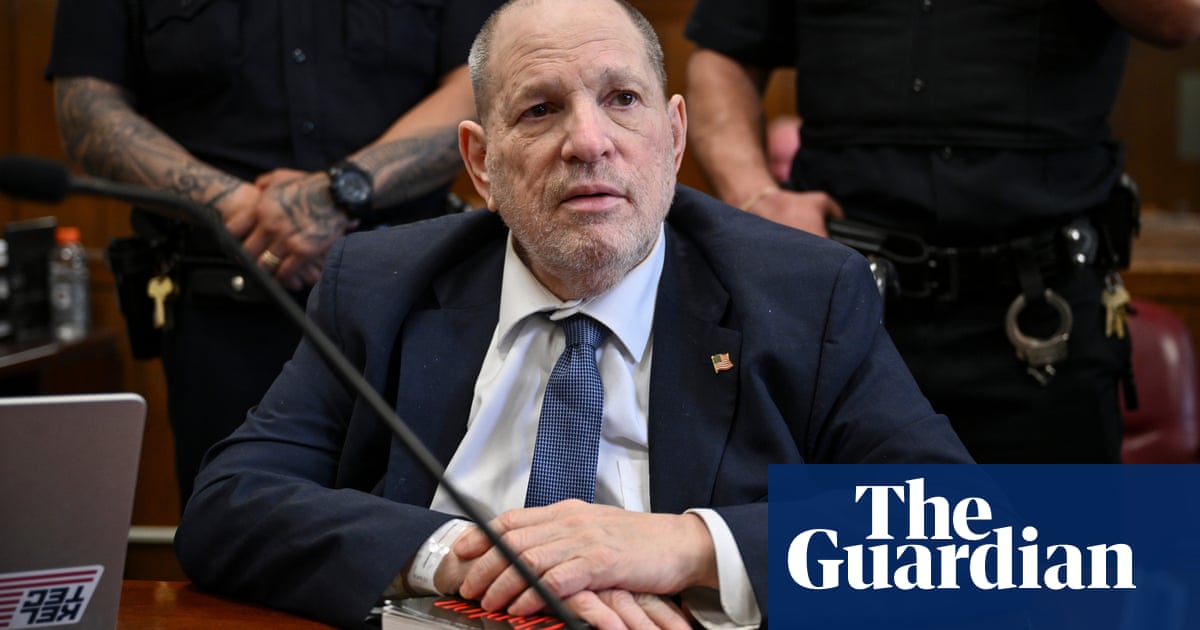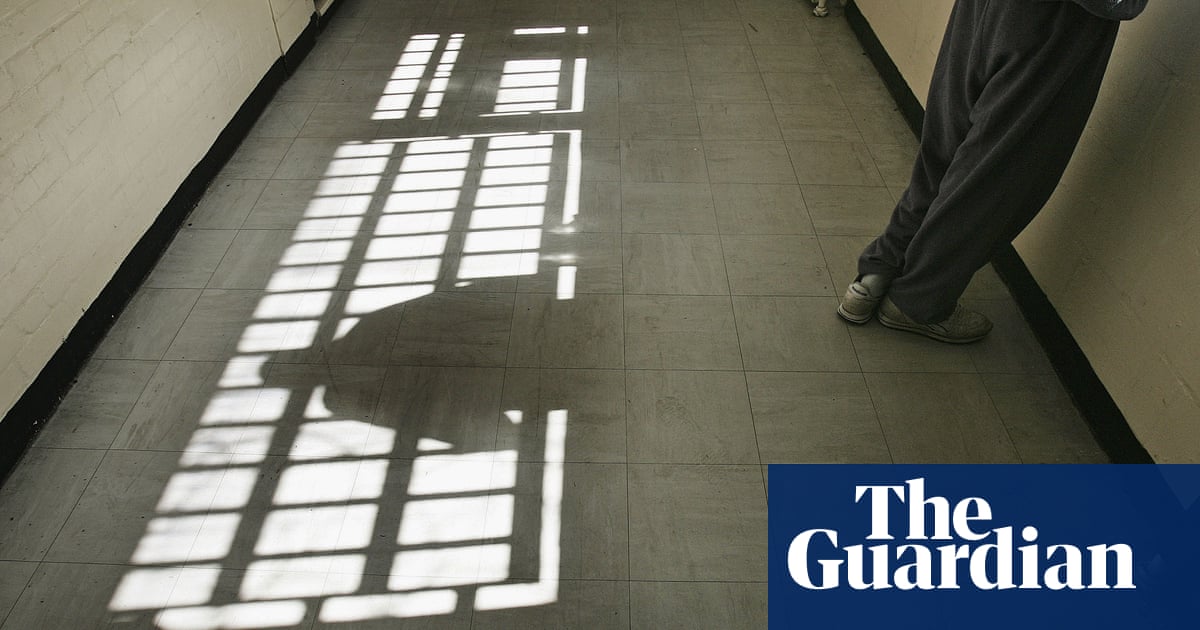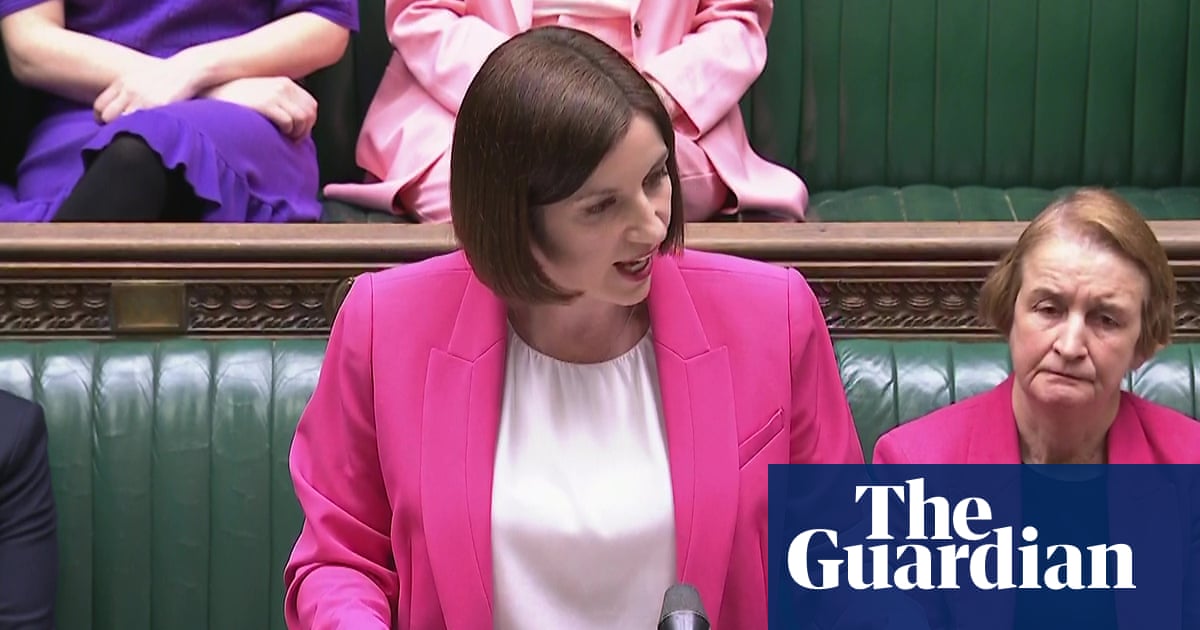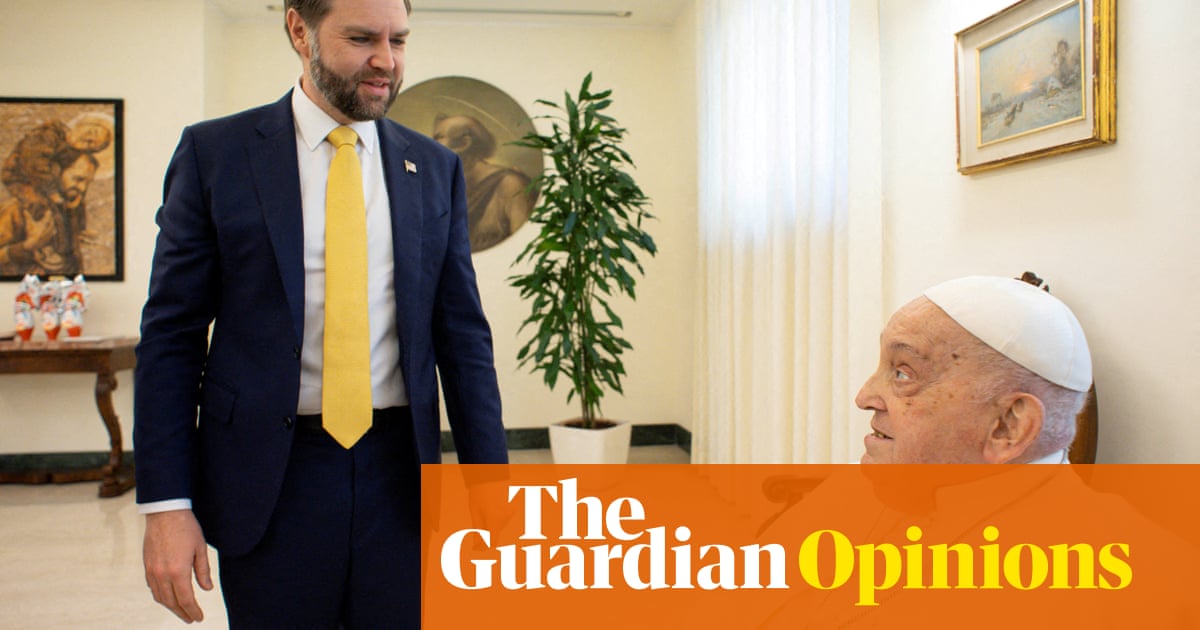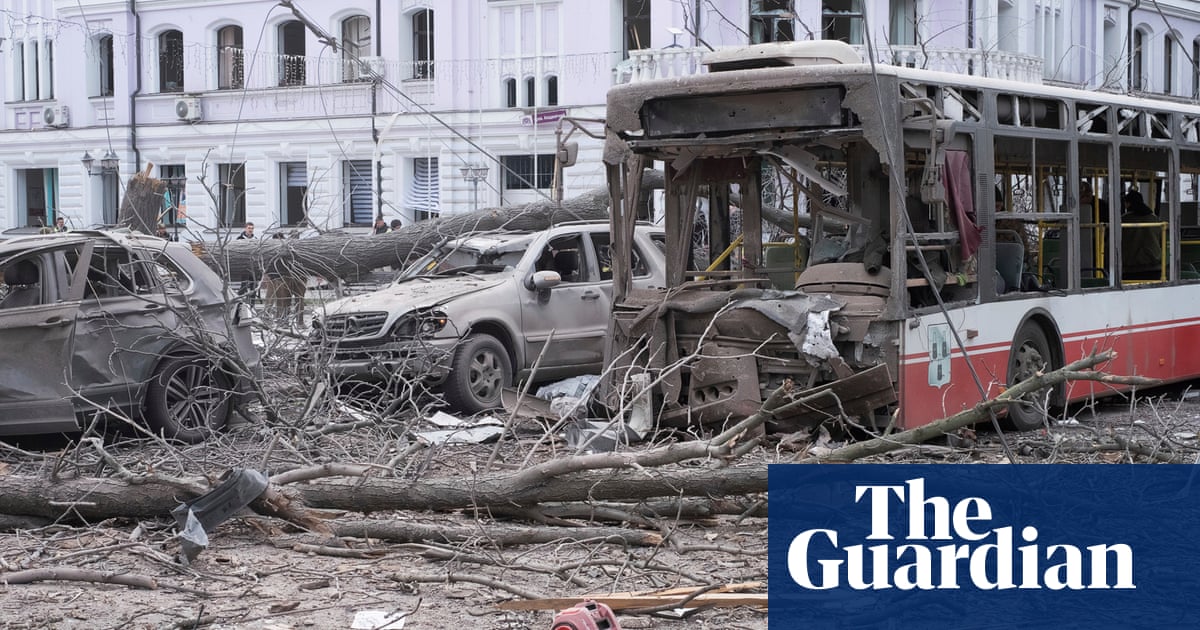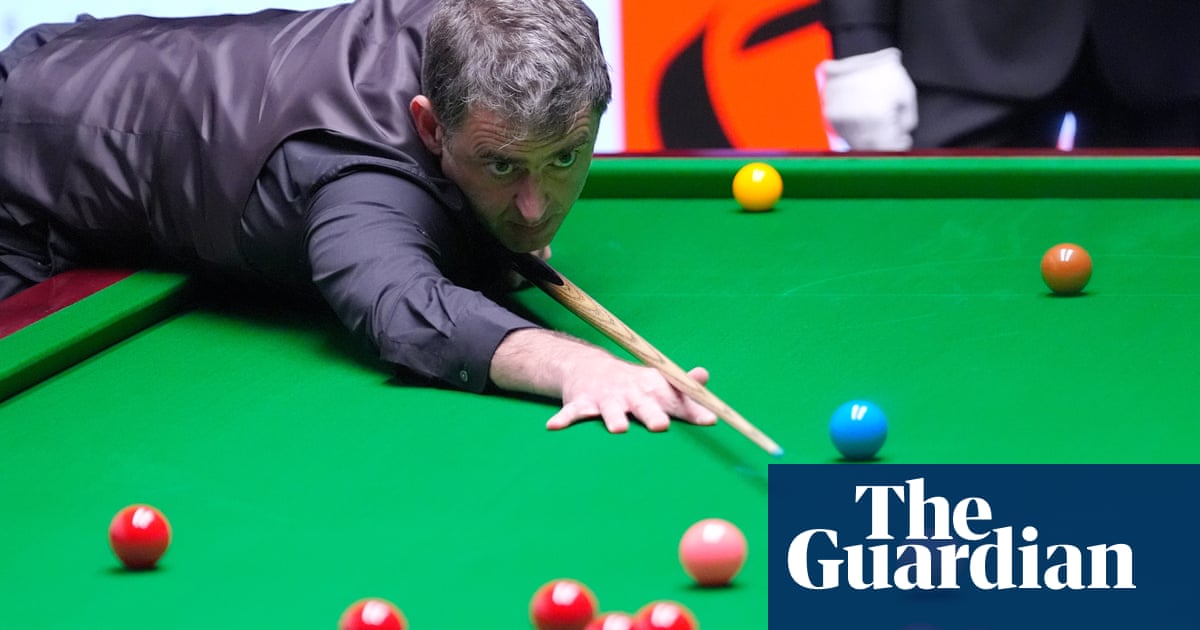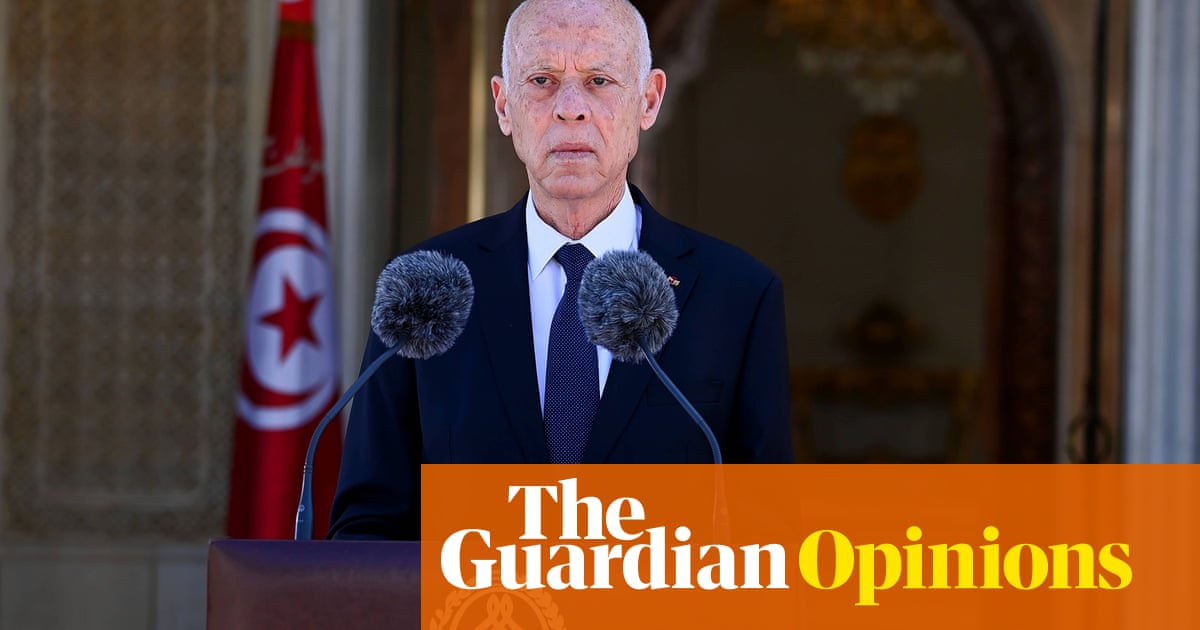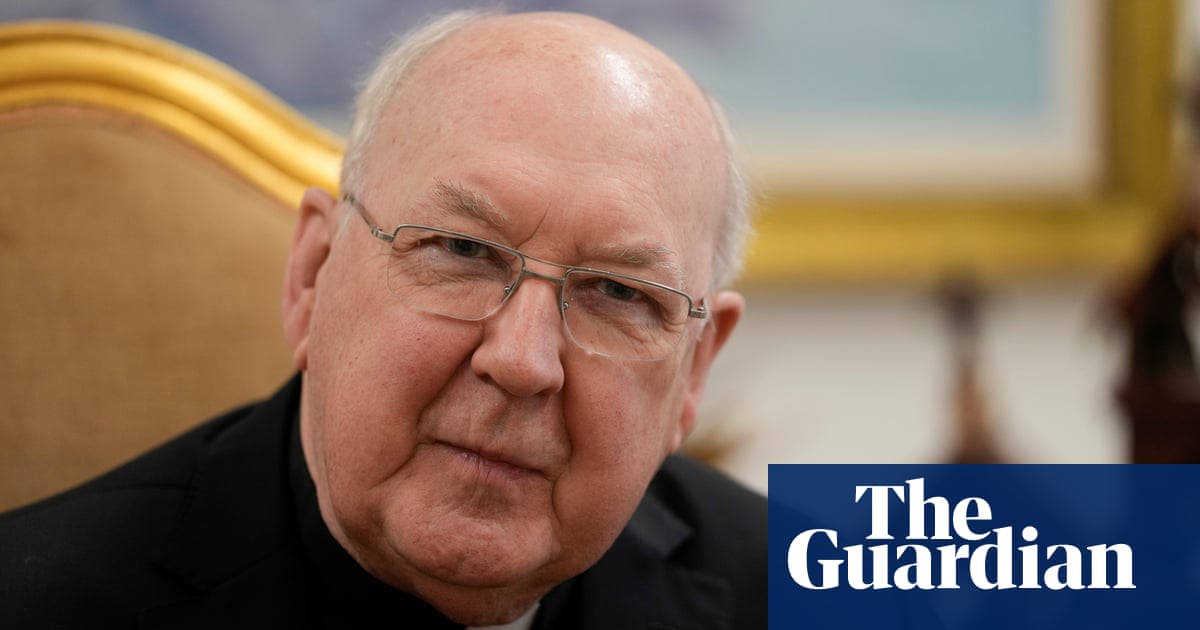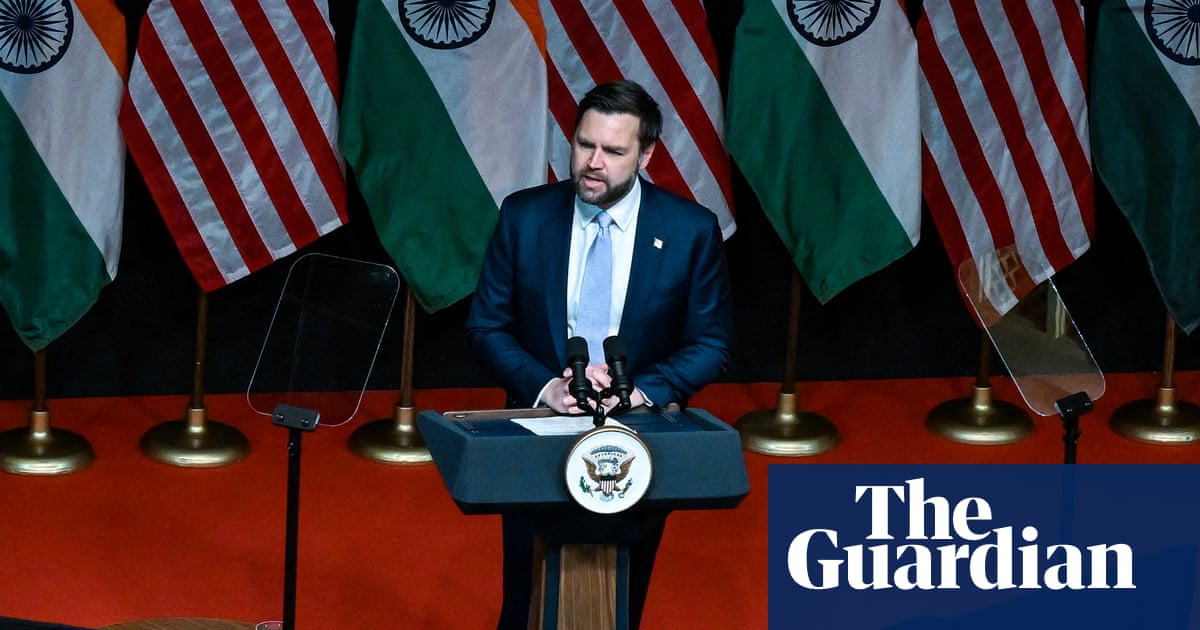These are compelling times for a compelling character. January has witnessed Brendan Rodgers jousting with his own supporter base, fall victim to an ultra-rare Old Firm defeat and guide his team to the playoff round of the Champions League. The argument was entertaining, the loss at Ibrox totally unimportant, and Celtic’s manager will return to the Midlands on Wednesday night having achieved a stated goal – making material headway in Europe. Substance over style.
Timing is everything. Rodgers has done this just as Ange Postecoglou flounders badly at Tottenham in a blow to those at Celtic desperately clinging to the Australian’s supposedly transferable skills. Rodgers and Postecoglou are fundamentally different in umpteen senses, one being that the Irishman has an emotional attachment to Celtic. Without that, the Scottish champions could not attract a coach of his standing or ambition. A persistent question surrounds how long that connection can sustain Rodgers in a domestic scene which should not excite him beyond a contract term that ends in the summer of 2026. In that context, the Champions League is hugely significant.
For someone so apparently conscious of reputation, Rodgers has failed to personalise the success of this Champions League campaign. Perhaps the 52-year-old feels he is beyond justifying himself. Yet a return to a Premier League venue – Celtic travel to Aston Villa for their final game of the group stages – gives cause to ponder where the star of Rodgers now sits in a world beyond the horrendously non-competitive Scottish top flight.
Language is important; the constant Rodgers reference to “up here” infers he knows fine well he is operating in a footballing backwater. Still, when you can overwhelm RB Leipzig, celebrating a win at Ross County is fair enough. Celtic can shrug off that Rennes, third bottom of the French league, were the only salient option for their star striker Kyogo Furuhashi – the 30-year-old completed his move there on Monday , with Portuguese winger Jota arriving in the other direction for his second spell at the club – because February will bring knockout games in the Champions League. This is the broader relevance Celtic’s support have craved. Likewise, surely, Rodgers.
Those of us who bemoaned Celtic’s haplessness in Europe since 2012 must give due praise for the approach in 2024-25. Twelve points from seven games tells the story of a stirring reaction to being battered 7-1 at Borussia Dortmund. Anyone who chooses to pinpoint Dortmund’s subsequent woes in Germany must also recognise Atalanta, who average more than two goals a game in Serie A, could not breach the Celtic defence in Bergamo. Celtic started this week in the middle of a 36-team league. Brest, Lille, Feyenoord, Club Brugge and PSV Eindhoven feels like precisely the kind of company Celtic should be in. They are, after all, no economic minnow.
Last week Rodgers reflected on “a challenging decade [in Europe] for this club because of resources and everything else”. It is never wise for a Celtic manager to use the “R-word”. Maribor, Malmo, Molde, AEK Athens, Cluj, Copenhagen and Ferencvaros are among those to have enjoyed European ties with Celtic in the recent past. Rodgers makes no reference whatsoever to resources when Celtic knock Kilmarnock out of the Scottish Cup.
Rodgers insisted he would have saved Leicester from relegation in 2023. He did not get the chance, of course. While off-field turbulence provides mitigation, it is still strange that a squad including James Maddison, Jamie Vardy, Youri Tielemans, Timothy Castagne and Harvey Barnes found itself in such a pickle.
Earlier, back-to-back fifth-placed finishes and FA Cup glory probably did not receive the acclaim they deserved due to the pandemic. The fact remains, though, that Rodgers and Leicester unravelled badly. The same had transpired for him at Liverpool where, again, any credit probably faded quickly. This time, it was because of the revolution undertaken by Jürgen Klopp and thus far maintained by Arne Slot. Brendan who?

In his excellent book, How to Win the Premier League, Liverpool’s former director of research, Ian Graham, calmly depicts Rodgers as the analogue to Klopp’s digital. Celtic’s head of operations is Paul Tisdale, the self-appointed “football doctor” best known for a lengthy spell managing Exeter. Rodgers is the master of all around him; a situation he would not be afforded at many clubs.
Rodgers has taken aim at the Celtic support for audible criticism of backwards passing. In the same media conference of 5 January, he objected vehemently to chanting in support of Kieran Tierney. Rodgers interpreted this singing as a needless dig at Greg Taylor, Celtic’s current left-back, as a pre-contract deal for Tierney looms large. In a rare display of collective humour, those fans in reply reeled out a back catalogue songbook for any player they could think of at the next fixture.
after newsletter promotion
Rodgers would hardly be the first manager to have a dim view of supporters; the position was merely strange because he has gone to great lengths to present himself as one of them. There was hilarious, and needless, rage when Rodgers set sail for Leicester in 2019, meaning this relationship feels complex. Those in the stands do not sing for Rodgers to a level befitting his trophy return.
There remain Brendan-isms. When he slipped on the touchline at this season’s League Cup semi-final, he deliberately threw into a post-match interview that the offending shoes were made by Tom Ford. Cue eye-rolls. Everyone has character quirks; Rodgers is compassionate towards and interested in staff at Celtic way beyond his own circle. He is a decent person. If he has ego or a materialistic trait, he is hardly alone in football.
Rodgers objected to the tone of coverage after Celtic’s chastening night in Dortmund. This continued a theme of heavy defeats against the cream of the continent. Celtic would have given up being a serious club if such outcomes were merely brushed off. The response, though, became key; Rodgers will swagger in to Villa Park with a team that has already reached its target.
An overdue milestone for Celtic is precisely the same for their manager. Rodgers will already have a plan for life beyond Glasgow: it is football removed from Scotland that affords him the kind of kudos one feels he has always craved.

.png) 2 months ago
26
2 months ago
26
